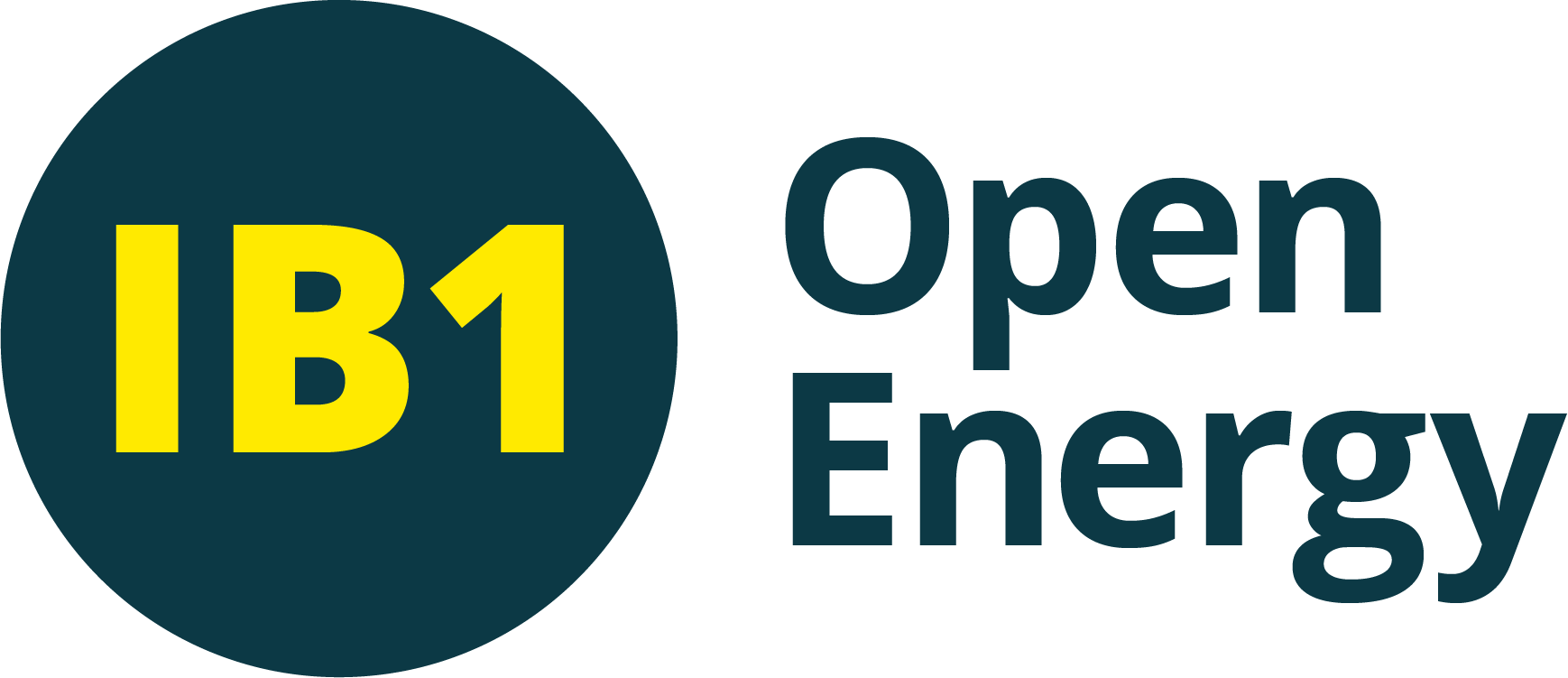Anyone working in the energy sector needs to deal with a fast-moving set of demands driven by customers, public pressure and regulation.
The need to get to net zero underpins all of it.
Getting to net zero makes our energy system more complex: renewable power generation and flexibility and storage technologies all make our power grid more decentralised. Meanwhile, as our overall power use shifts towards electricity, reliability and cost-efficiency is more important than ever.
This level of decentralisation and reliability can only happen if data can be shared: securely, efficiently and in real time.
That’s the vision at the heart of Ofgem’s RIIO-ED2, a performance-based model for the spending and investment of energy network companies that determines how they will operate between 2023 and 2030.
What RIIO-ED2 means for data sharing
Ofgem’s vision for the future is set to speed up the pace of digitalisation in the energy sector.
It focuses network operators on their plans for data sharing, digitalisation, flexibility and forward planning, requiring them to share and coordinate energy data use better.
Ofgem decided that DNOs must:
- publish and regularly review a Digitalisation Strategy & Action Plan in accordance with their guidance
- use data in a way that meets the expectations of Data Best Practice guidance.
Network operators have submitted their business plans for this new RIIO period: now, they need to deliver on the commitments they’ve made.
That means network operators need to scale up their data maturity quickly, helping them to efficiently exchange large quantities of data in a secure way. Sharing individual datasets manually drives up legal, administration and data-handling costs and introduces more potential for human error.
How Open Energy helps deliver RIIO-ED2 business plans
Open Energy makes it easy to search, access and securely share energy data. It covers both Open Data and commercial Shared Data where access requires control. It’s a non-profit service run by a non-partisan organisation, Icebreaker One.
Open Energy uses open standards to make data interoperable between different systems and organisations, using financial-grade security and a powerful search engine to make data discovery fast and secure.
For organisations holding vast quantities of data – like network operators – Open Energy improves the data sharing process by automating security checks and legal contracts. ‘The data owners sets their terms once over a defined period, then lets Open Energy do the rest.
In the short term, Open Energy helps networks to plan effectively and meet new digitalisation and data-sharing license obligations, like making their data discoverable, searchable and shareable.
In the long term, Open Energy helps networks moving through the transition from DNO to DSO by meeting their enhanced data requirements.
How Open Energy helps organisations comply with Data Best Practice Guidance
| DBP – short | How OE supports – short |
| Identify roles of stakeholders | OE continuously identifies stakeholders for you, via its Committees, Advisory Groups, and sector engagements |
| Use common terms within data, Metadata | OE is consolidating terms within data and metadata, guided by the industry |
| Describe data accurately | OE is helping industry to define a common metadata standard |
| Users to understand the data | OE helps with creating ‘core supporting information’ |
| Make datasets discoverable | the OE search function makes data discoverable |
| Understand needs of data users | Data users are part of OE’s governance; Data providers can directly talk to users to learn their needs |
| Ensure data quality is prioritised by user needs | OE’s notification system will provide you with data user issues |
| Ensure data is interoperable | OE enables interoperability by encouraging metadata descriptiveness and transparency |
| Protect data | OE provides FAPI connections and strong governance, which ensure secure sharing of data |
| Store data | OE helps you retain control over your data |
| Data is presumed open | OE, guided by industry, sets classifications for open and shared data |
| Conduct Triage | OE’s Data Sensitivity Classes system complements Presumed Open and triage |
How Open Energy helps organisations deliver their Digitalisation Strategy and Action Plan
| DSAP short | How OE supports |
| provide benefits to stakeholders | OE will help you discover what stakeholder benefits are |
| work to defined vision | OE has developed an industry-wide vision; DNOs can use this to complement their vision |
| deliver benefits early | OE is a solution that is in the market now, ready to use |
| make it easy to understand | Using OE guarantees this as solution is based on customer research and consultation |
| coordinate with the ecosystem | OE is interoperable by design and coordination is at its core |
Open Energy is a non-profit service designed to transform data sharing in the energy system. It accelerates the journey to net zero, enables innovation, and helps organisations comply with fast-moving regulation.
Come to our next webinar
Read more about emerging regulation
Find out more about using Open Energy
